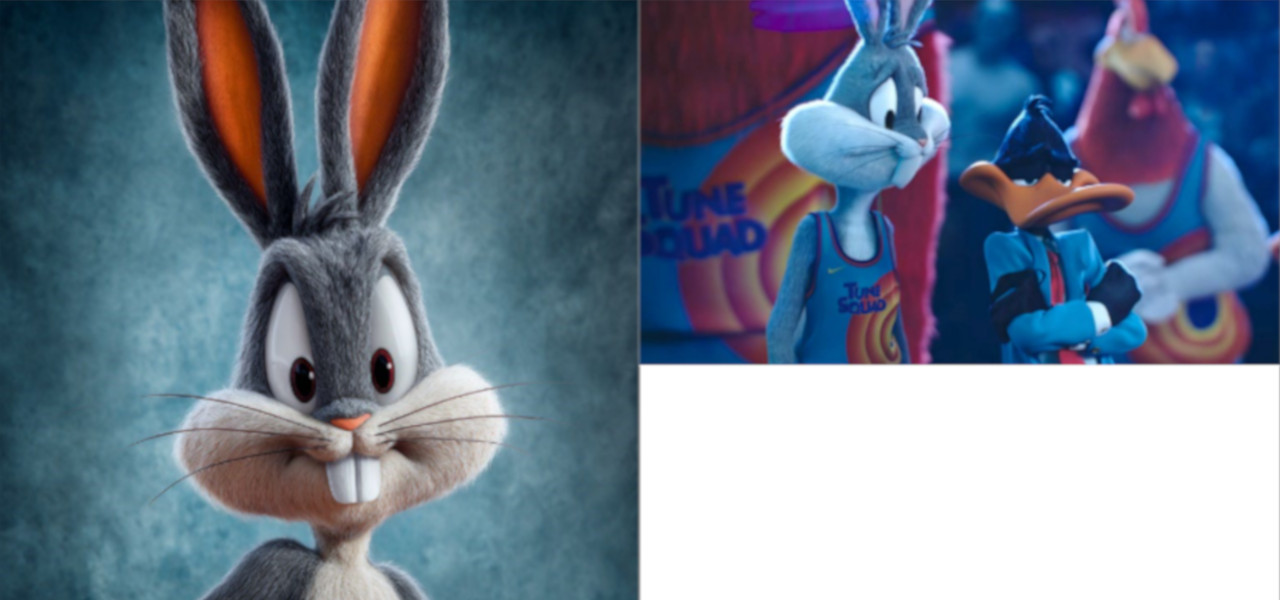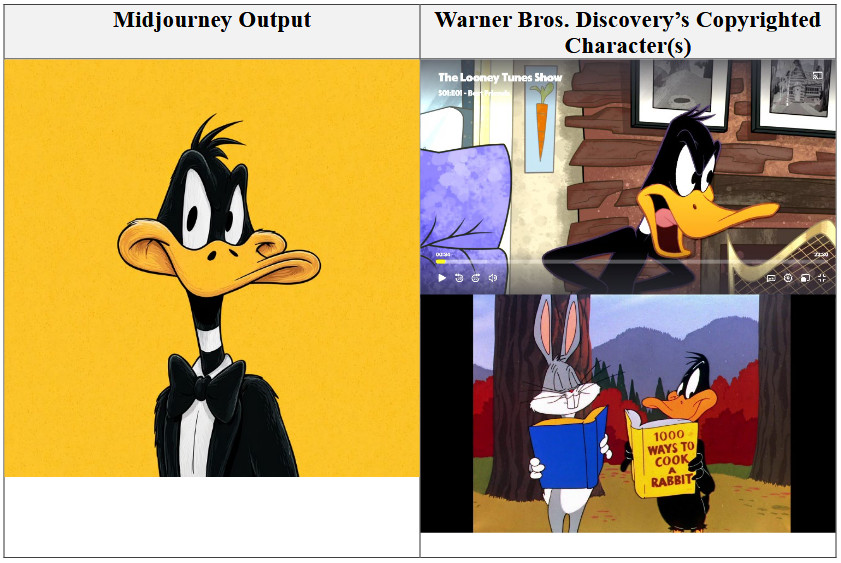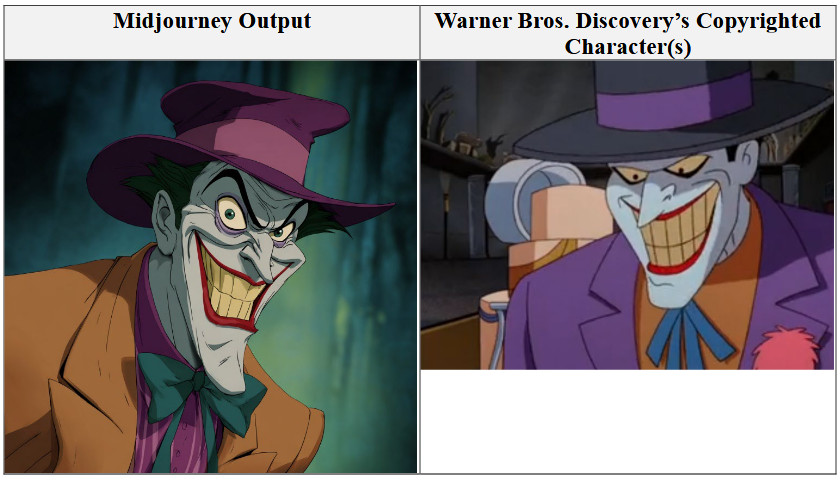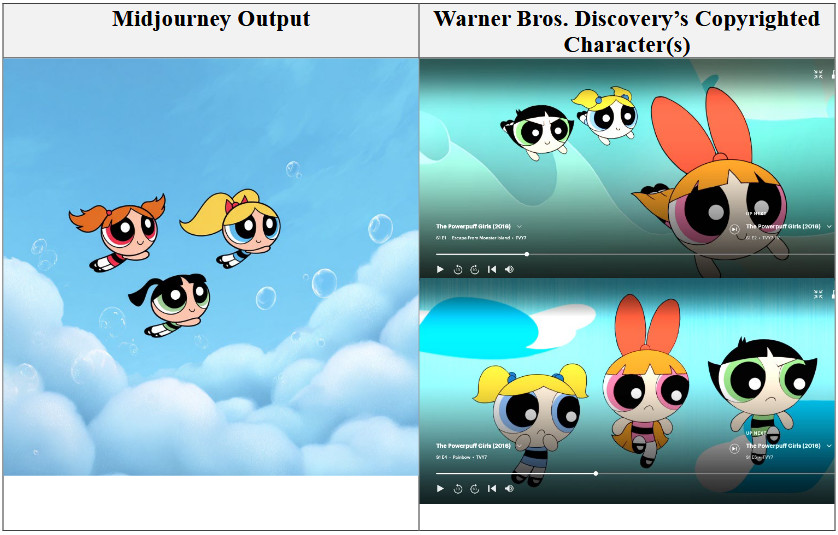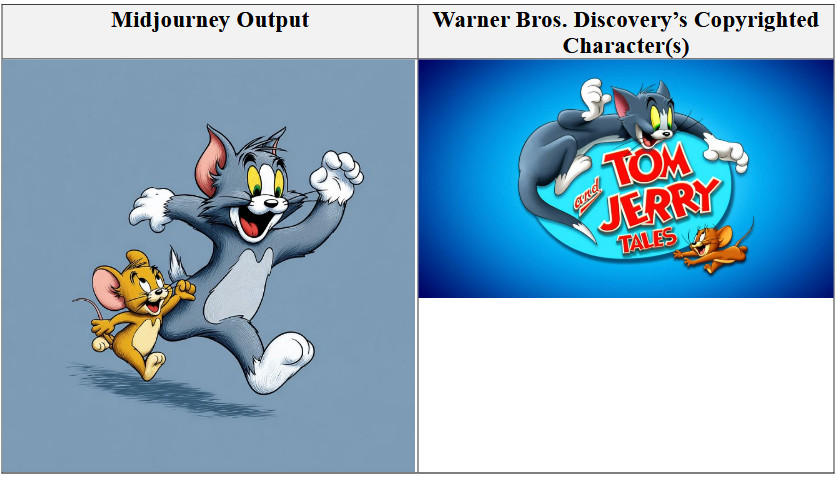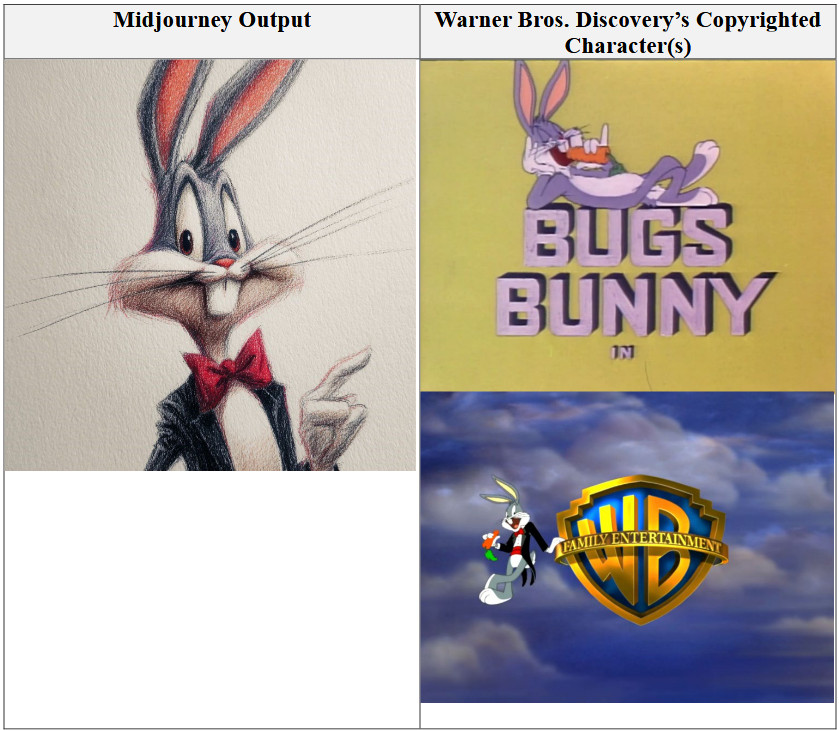Generative AI companies are facing mounting legal pressure, with Hollywood studios and authors landing major blows last week that could reshape how creative industries, including animation, interact with the highly controversial technology.
Last Thursday, Warner Bros. filed a lawsuit similar to those previously filed by Disney and Universal against Midjourney. On Friday, Anthropic agreed to what could be the largest copyright settlement in U.S. history with a group of authors and publishers that sued over the illegal use of copyrighted material for training purposes.
As new precedents are set, the future of AI could be turned on its head with artists and creators taking back ownership of their work.
What’s driving the news?
Warner Bros. sued Midjourney late last week, accusing it of letting users generate infringing images of Superman, Bugs Bunny, and other characters. Ample evidence was provided, and we’ve included some at the bottom of this article.
Anthropic agreed to a $1.5 billion settlement with authors and publishers, paying $3,000 per pirated book it used to train AI models.
Disney and Universal had already filed a similar lawsuit in June, targeting Midjourney for unauthorized recreations of Mickey Mouse, Elsa, Minions, and more.
Why it matters:
Studios and creators argue that AI tools are exploiting their work without permission. If the courts agree, they may soon compel companies to compensate them for their transgressions, potentially resulting in significant payments.
What about animation?
Midjourney, at the heart of two of the largest lawsuits, can mimic hand-drawn and CG animation styles in seconds, sparking fears that human artists could lose out on work that becomes automated by the software. Many of the examples included in both lawsuits against Midjourney are images produced to mimic copyrighted material directly.
If courts push AI companies toward licensing deals, animation assets from concept art to storyboards to character designs could become valuable training data.
Big studios may be shielded by legal teams, but independent animators could struggle to protect their work unless broader protections emerge.
The big picture:
Like music after Napster, the lawsuits may push AI toward a licensing model. For animation workers, that could mean less risk of outright replacement, but it also may mean a decrease in the valuation of their work. Musicians may prefer the current licensing models of streamers like Spotify and Apple Music, but the royalties they receive are still far from adequate by almost any measure.
What’s next:
Judges must still approve Anthropic’s settlement, and the Midjourney cases are just beginning. But the message is clear: AI’s unchecked use of copyrighted material is facing high-powered backlash, and the animation industry is on the front line.

